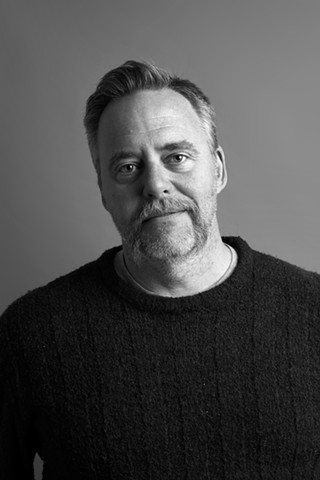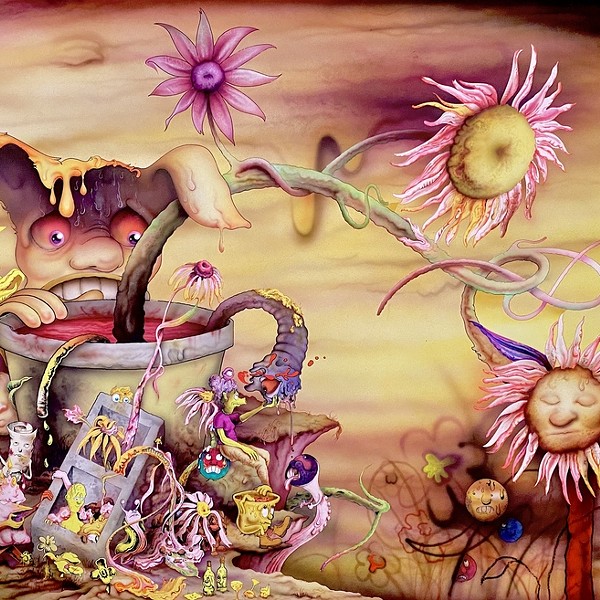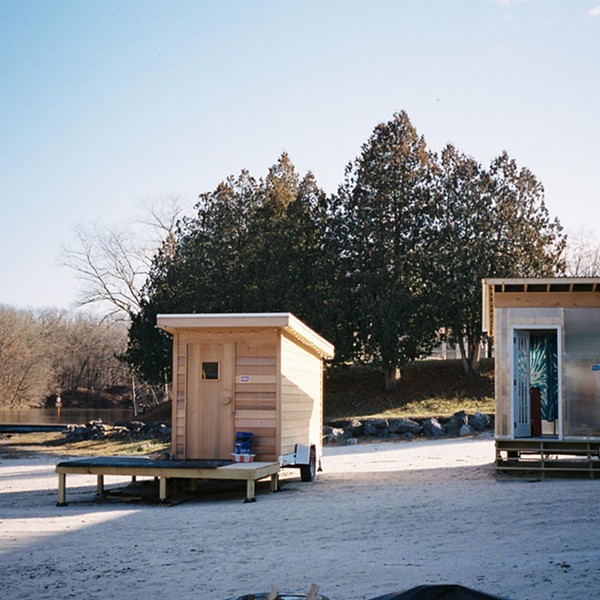For 33 years, John Cronin has dedicated himself to the protection of the American environment. Most of Cronin’s career has focused on the restoration of the Hudson, and he is best known for serving as Hudson Riverkeeper from 1983 to 2000. His work in citizen enforcement and for the rights of commercial fishermen, along with his lobbying on behalf of the Hudson, earned him the title of Time magazine’s Hero for the Planet. The Wall Street Journal has described Cronin as “a unique presence on America’s major waterways” and People magazine praised the Yonkers native as ”equal parts detective, scientist, and public advocate.”
Cronin co-authored The Riverkeepers, with Robert F. Kennedy Jr., and has written extensively on environmental policy for the New York Times. He is director and CEO of the Beacon Institute, for which he is overseeing the planning for a $100 million global science, technology, and policy research center dedicated to advancing the understanding and protection of the world’s rivers and estuaries. Cronin is also the director of the Pace Academy for the Environment at Pace University where he serves as the resident scholar in environmental studies.
—Brian K. Mahoney
Why do you choose to live in the Hudson Valley?
The Hudson Valley chose me. I was born and raised on the Hudson, in Yonkers. In my early twenties, I traveled around the country for a couple of years, settling briefly in the Southwest. But my heart was here. I returned to the Hudson and never again left. I now live in Cold Spring. The Yaqui shaman Don Juan Matus told anthropologist Carlos Castaneda that every person has a “spot,” “a place where a man could feel naturally happy and strong.” The Hudson is my spot.
Who are you in awe of?
Physicist Freeman Dyson. His integrated vision of science, ethics, spirituality, environmental concerns, and future thought has established him as one of the world’s most original thinkers and futurists. The collection of his Gifford Lectures, Infinite in All Directions, and his memoir, Disturbing the Universe, should be required reading at all colleges and universities.
What was the worst job you ever had?
Door-to-door book salesman. I attended sales school in Nashville, Tennessee, and was dispatched to South Bend, Indiana, for the summer. I worked for eight weeks, six days a week, from nine in the morning until nine at night, peddling a book called The Volume Library. I sold 23.
What are you reading at the moment?
I am an impatient reader, usually poring through multiple books. Currently: The Age of Spiritual Machines by Ray Kurzweil, Space in the Tropics: From Convicts to Rockets in French Guiana by Peter Redfield, and I Celebrate Myself: The Somewhat Private Life of Allen Ginsberg by Bill Morgan. Also, long-term reading of Conjectures of a Guilty Bystander by Thomas Merton.
What are some of the things you’d like to see change about this area? What are some of the things you’d like to stay the same?
The future of the regional and global environment depends upon the human becoming a successful species. Our region can contribute by emerging as a global center of innovation, learning, and creative expression. Our environmental vision must mature to an interdisciplinary one, embracing the convergence of science, technology, policy, culture, and education. There are vast untapped resources here—116 colleges and universities are located in the Hudson River watershed, for example. We must retain and apply the great diversity of human talent and experience that calls our region home.
What ordinary thing is very hard for you to do?
Deciding to sleep.

















